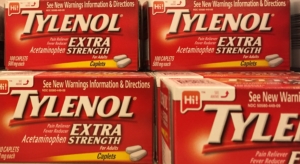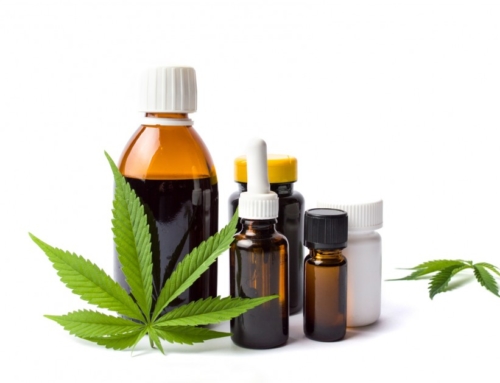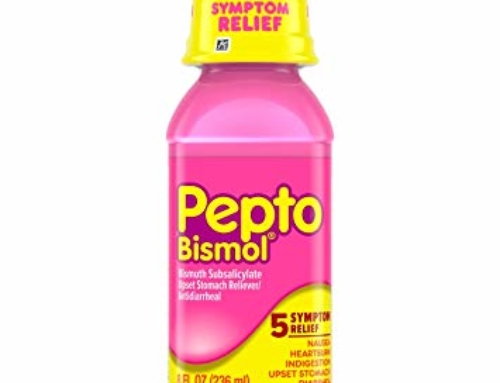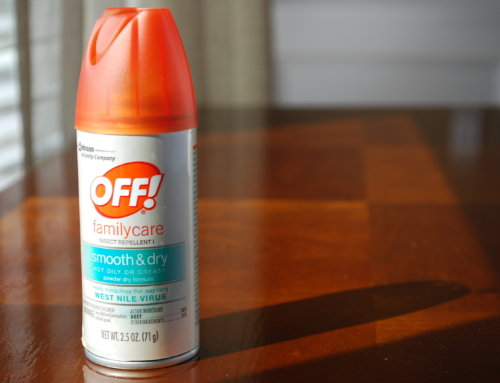If you have any reason to suspect your pet has ingested something toxic, please contact your veterinarian or one of the other resources listed:
• ASPCA Animal Poison Control Center 24-hour hotline at (888) 426-4435
• Pet Poison Helpline® 24-hour animal poison control service at (855) 764-7661
Acetaminophen
Acetaminophen, often referred to as Tylenol, is a staple in many households to treat a variety of ailments. This medication can cause toxicity to your pets and should always be kept out of your animals’ reach.

Cats are unable to metabolize acetaminophen and should never be given this medication. Due to the risk of toxicity, dogs should only be given this medication under veterinary guidance.
It is important to note that acetaminophen may be present in multi-symptom cold and allergy products. All accidental ingestions of these medications should be reported immediately.
Ferrets are also indicated for this toxicity.
Signs and symptoms of toxicity: Clinical signs of toxicity include weakness, rapid breathing, shortness of breath, blue/purple discoloration of skin or mucous membranes, jaundice, vomiting, significant decrease in body temperature, and facial or paw swelling.
Toxic consumption: For dogs, 100 mg/kg (45 mg/lb) may cause toxicity. That value drops to just 10 mg/kg (4.5 mg/lb) in cats.
| X-Small Yorkie, Chihuahua |
Small Pug, Boston Terrier, Poodle |
Medium Beagle, Scottish Terrier |
Large Boxer, Cocker Spaniel |
X-Large Retriever, German Shepherd |
XX-Large Great Dane, St. Bernard |
| 1 – 10 lbs. (0.45 – 4.6 kg) |
11 – 25 lbs. (5 – 11.4 kg) |
26 – 40 lbs. (11.8 – 18.2 kg) |
41 – 70 lbs. (18.6 – 31.8 kg) |
71 – 90 lbs. (32.3 – 40.9 kg) |
91 – 110 lbs. (41.4 – 50 kg) |
 |
 |
 |
 |
 |
 |
| > 44 mg | > 499 mg | > 1179 mg | > 1859 mg | > 3229 mg | > 4139 mg |
| Most Cats | Large Cats |
| 1 – 10 lbs. (0.45 – 4.6 kg) |
11 – 25 lbs. (5 – 11.4 kg) |
 |
 |
| > 4.4 mg | > 49 mg |
References:
– Alwood AJ. Acetaminophen. In: Silverstein DC and K Hopper, eds. Small Animal Critical Care Medicine. St. Louis: Saunders, 2009.
– Osweiler, G, et al. (2011). Blackwell’s five-minute veterinary consult clinical companion. Small Animal Toxicology. [Kindle version]. Retrieved from Amazon.com
Pet Poison Control is provided free as a public service by the American College of Veterinary Pharmacists. Today we’re asking you to support us with a small donation. If you would like to dedicate your gift in honor or memory of a pet or individual, you will have that option before checkout. Your gift of any amount helps us maintain this resource and make it available to the pharmacy and veterinary communities. Thank you!





